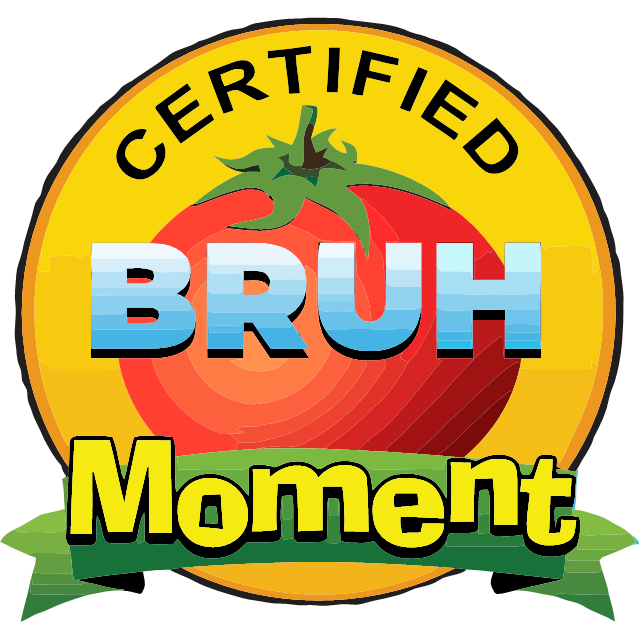![]()
![]()
![]()
Trends That Define Neomedievalism
RAND's report is not the first to describe the modern world as neomedieval. Its contribution is in assessing how neomedieval conditions will shape the rivalry between China and the United States.
Its authors identify five trends that will define the era:
Weakening states: Governments will struggle to maintain legitimacy; ensure domestic security; and provide levels of goods, services, and opportunities their people expect.
Fragmenting societies: National spirit will erode as competing group identities, such as sub- and transnational communities, gain traction.
Imbalanced economies: Growth will be concentrated in a few sectors. Problems of entrenched inequality, stagnant social mobility, and illicit economies will worsen.
Pervasive threats: The proliferation of dangers, such as natural disasters, infectious disease, and violent nonstate actors, will create a sense of permeating risk, even as the possibility of conflict with rival states persists.
Informalization of warfare: Military forces will increasingly consist of professional troops augmented by contractors, mercenaries, and sympathetic armed groups such as militias. Older methods of fighting, such as intrastate conflicts, sieges, and irregular conflict, will be revived.
Seems like libs are just now starting to glimpse what Lenin figured out over 100 years ago
Libs have to live through every version of hellworld that capitalism can create to realize that they are all bad.
Fucking morons.
Neo-medievalism (or neomedievalism, new medievalism) is a term with a long history[1] that has acquired specific technical senses in two branches of scholarship. In political theory about modern international relations, where the term is originally associated with Hedley Bull, it sees the political order of a globalized world as analogous to high-medieval Europe, where neither states nor the Church, nor other territorial powers, exercised full sovereignty, but instead participated in complex, overlapping and incomplete sovereignties.[2]
In literary theory regarding the use and abuse of texts and tropes from the Middle Ages in postmodernity, the term neomedieval was popularized by the Italian medievalist Umberto Eco in his 1986 essay "Dreaming of the Middle Ages".[3]
Intersection of neomedievalism in political theory and medieval studies
Some commentators have used the terminological overlap between Hedley Bull's political theory of 'neomedievalism' and Umberto Eco's postmodernist theory of 'neomedievalism' to discuss how cultural discourses about the Middle Ages are used to political ends in the changing international order of the twenty-first century. A key proponent of this argument was Bruce Holsinger, who studied the use of orientalist and medievalist language in the discourse of the post-9/11 'war on terror', arguing that American neoconservatives had harnessed medievalism to win popular support for foreign policy and military actions that undermined state sovereignty and the international rule of law.[12][13]: 67–69
Working in Holsinger's wake, others have argued that neomedievalist popular culture, such as the video game The Elder Scrolls V: Skyrim, represents and so in turn helps to normalise a neomedievalist political order,[13]: 70–87 and that states other than the US, for example Iceland, have also used medievalism as a source of soft power to help secure their place in the shifting post-9/11 world order.[14]: 131–95

https://en.wikipedia.org/wiki/Neo-medievalism#Intersection_of_neomedievalism_in_political_theory_and_medieval_studies

I prefer ‘the new gilded age’ for domestic US social order. I can see neomedievalist as a description of the world system, though it may just be a way to hide the continuing hegemonic power of the US.


